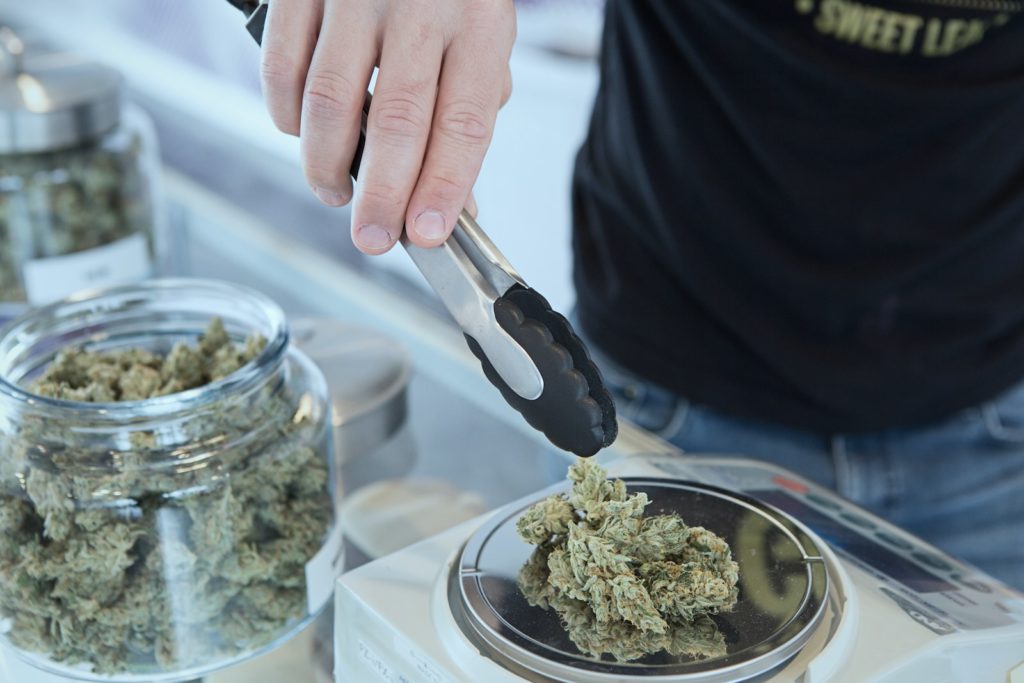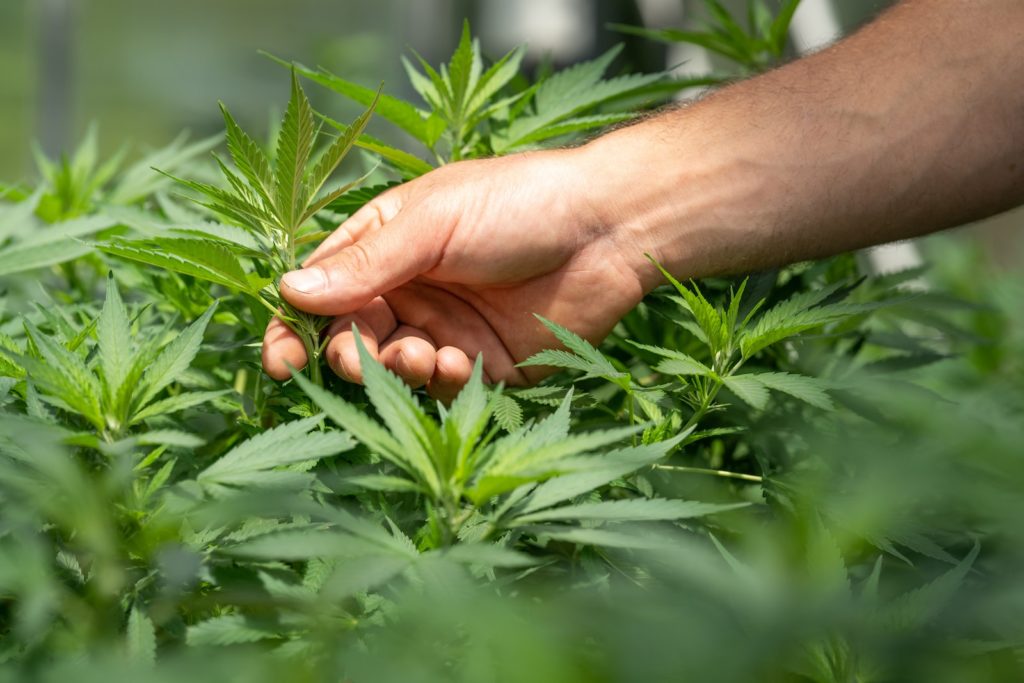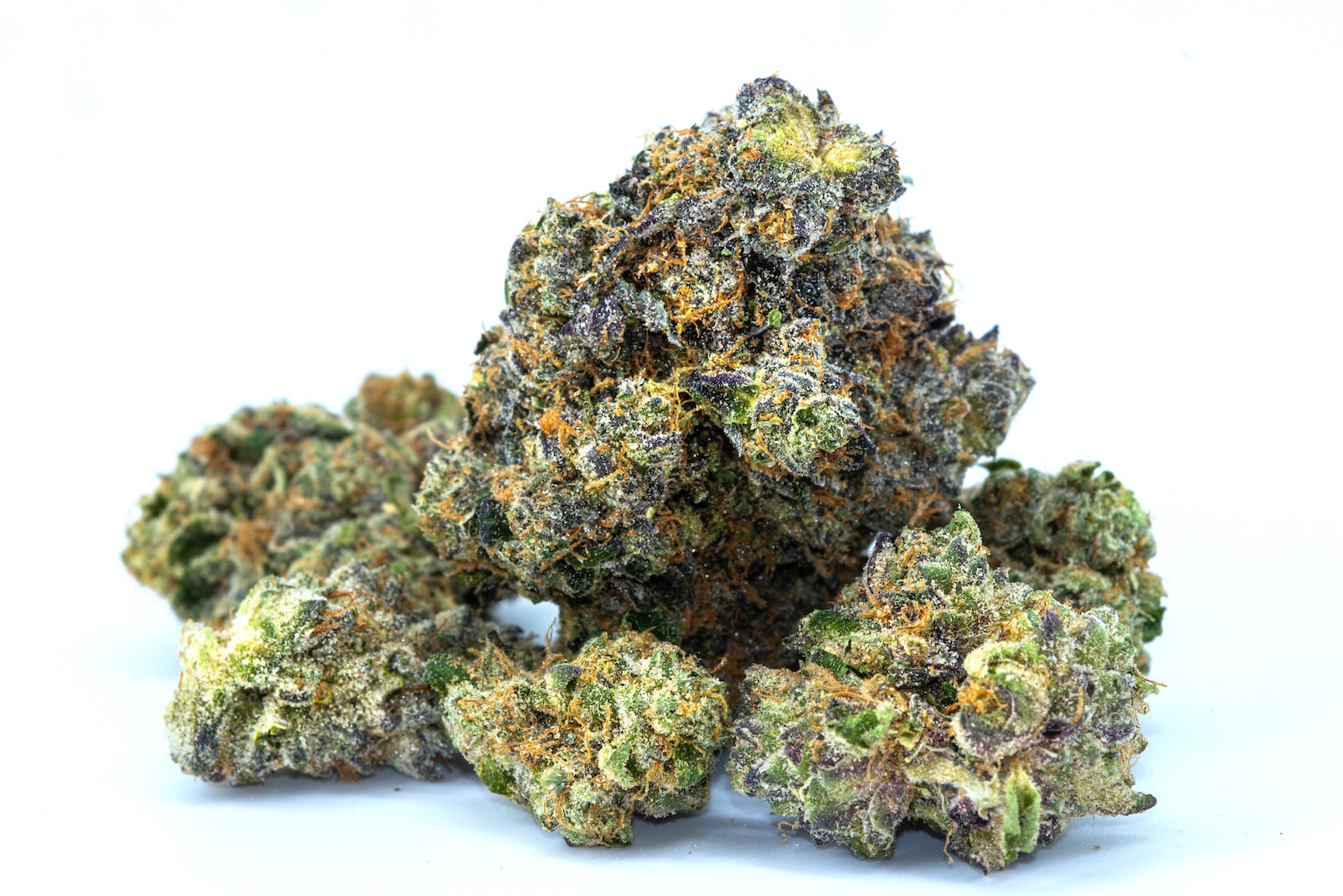Microdosing cannabis has gained popularity as a precise and controlled way to experience the benefits of this remarkable plant without the intensity of a full dose. Whether you’re a seasoned cannabis enthusiast or a newcomer, this comprehensive guide will walk you through the art of microdosing.
What is Microdosing?
Microdosing involves consuming very small, sub-therapeutic doses of cannabis, typically around 2.5 to 5 milligrams of THC (tetrahydrocannabinol), the psychoactive compound in cannabis. The goal is not to get high but to harness the therapeutic and subtle psychoactive effects.

The Benefits of Microdosing
1. Enhanced Creativity and Focus
Microdosing can help boost creativity and improve focus. Many users report increased productivity and a heightened ability to think outside the box.
2. Anxiety and Stress Relief
Microdosing can offer relief from anxiety and stress without the potential for overwhelming paranoia or anxiety that higher doses may induce.
3. Pain Management
For individuals dealing with chronic pain, microdosing can provide long-lasting relief without the need for stronger medications.
4. Improved Mood
Microdosing can elevate mood, making it an effective tool for those dealing with mild to moderate depression.
5. Enhanced Physical Performance
Some athletes and fitness enthusiasts have turned to microdosing to help reduce inflammation, increase stamina, and improve recovery.
How to Microdose Cannabis
1. Start Low and Go Slow
Begin with a very low dose, typically 2.5 milligrams of THC. You can increase the dose gradually over time if needed.
2. Choose the Right Strain
Strain selection is crucial. Indica-dominant strains tend to be more relaxing, while sativa-dominant strains are often more energizing. Experiment to find the strain that suits your goals.
3. Use Reliable Products
Opt for reputable cannabis products, such as tinctures, capsules, or edibles, which are easier to dose accurately than smoking or vaping.
4. Keep a Journal
Maintain a microdosing journal to track your experiences. Note the dose, strain, time, and effects. This will help you fine-tune your regimen.
5. Consistency is Key
Stick to a regular dosing schedule to achieve the desired effects. Microdosing is most effective when practiced consistently.
6. Avoid Tolerance
To prevent developing a tolerance, take tolerance breaks where you abstain from cannabis for a few days or weeks.

Tips for a Successful Microdosing Experience
1. Be Patient
The effects of microdosing may take time to become noticeable. Give it a few days or even weeks before adjusting your dose.
2. Listen to Your Body
Pay attention to how your body reacts. If you feel any discomfort, reduce your dose or try a different strain.
3. Stay Hydrated
Cannabis can cause dry mouth, so drink plenty of water throughout the day.
4. Avoid Alcohol and Other Substances
Alcohol and certain medications can interact with cannabis, potentially leading to unwanted side effects. Exercise caution and consult with a healthcare professional if you’re unsure.
5. Respect Legal Regulations
Be aware of the legal status of cannabis in your area and adhere to local laws and regulations.
Potential Side Effects
While microdosing is generally considered safe, some individuals may experience side effects such as dry mouth, red eyes, or mild dizziness. These effects are usually mild and short-lived.
Conclusion
Microdosing cannabis is a subtle yet powerful way to experience the myriad benefits of this plant without the overwhelming psychoactive effects of higher doses. With the right approach and careful monitoring, you can unlock the potential of microdosing to enhance creativity, reduce stress, manage pain, and improve overall well-being. Remember, start low, go slow, and always prioritize safety and legality in your cannabis journey.
